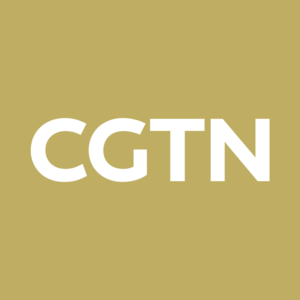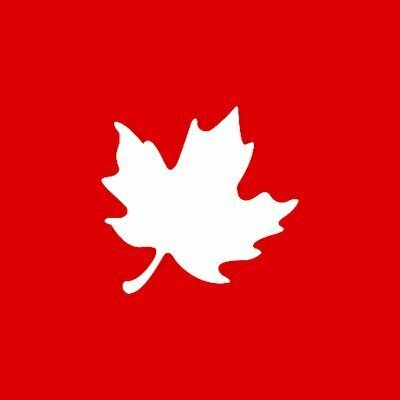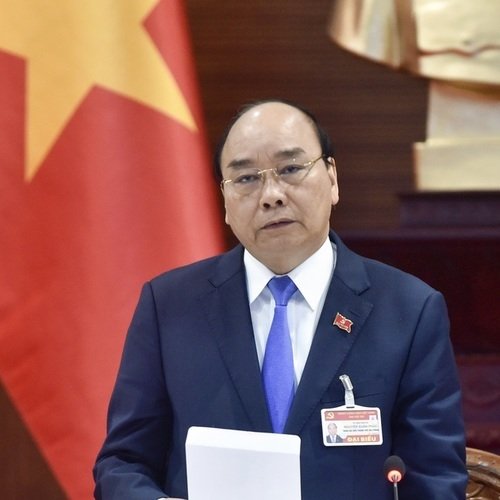Canada is considering its own tariffs on U.S. goods in response to President-elect Donald Trump’s tariff threat. As part of a potential retaliatory move, Canada could impose tariffs on up to $150 billion worth of U.S. products. The possibility of limiting oil exports to the U.S. is also reportedly under consideration.
Prime Minister Justin Trudeau, who is stepping down by March amid political turmoil, has indicated he is open to a “dollar-for-dollar” response. This means any U.S. tariffs would likely be met with similar measures targeting U.S. imports from Canada.
Some products, such as orange juice, could be on the list of targeted goods but more significant items, including oil exports, are also part of the discussion. However, Canadian politicians are divided on whether to limit oil exports to the U.S. The Canadian province of Alberta, a major energy producer, plays a key role in the debate.
Trudeau acknowledged that such retaliatory actions would ultimately hurt both Canadians and Americans. He met with Canadian provincial leaders on Wednesday, Jan. 15, to discuss how the country should respond if Trump moves forward with a 25% tariff on Canadian goods.
While most provincial leaders agreed that oil export tariffs should remain on the table to pressure Trump, Alberta Premier Danielle Smith, who attended a meeting with Trump at Mar-a-Lago over the weekend of Jan. 10, disagreed.
Smith, who represents Alberta’s energy interests, stated that she would not support export tariffs on the province’s energy resources.
I had a constructive discussion with my fellow Premiers on how best to deal with the threat of tariffs from the incoming U.S. administration. We agreed on several strategies and I look forward to continuing to work with them on this critical issue.
— Danielle Smith (@ABDanielleSmith) January 15, 2025
However, federal government… pic.twitter.com/d4SK23LU6G
Canada exports 80% of its oil to the U.S. The U.S. also relies on Canada for more than half of its oil imports.
Trump has cited the need for better border security and the U.S. trade deficit with Canada as reasons for the proposed tariffs. In response, Canada has increased its border security personnel and technology, including the deployment of Blackhawk helicopters and more drones.
Trump will be inaugurated Monday, Jan. 20, with Alberta’s premier expected to attend.




















